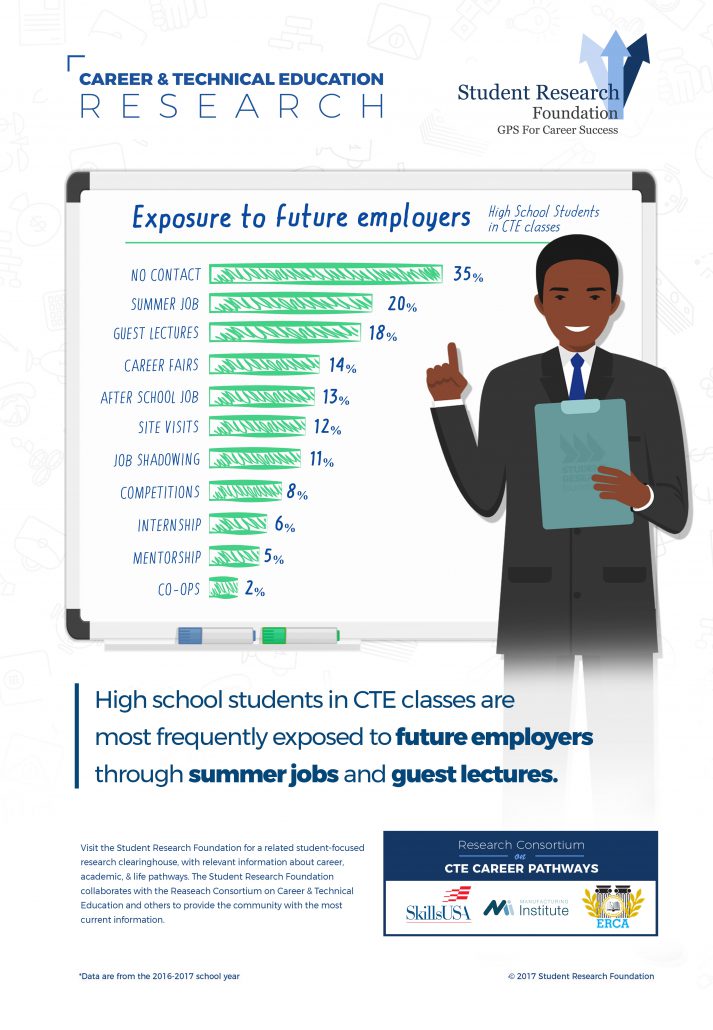Is the new Career and Technical Education path to launching a career really something new? In some ways, yes. But there are historical precedents.
There is a common misconception that when many non-college-educated young people started their working lives in the 19th century and earlier, they entered the workforce without the benefit of training. Yet the reality is somewhat different, and more complex. Young people who took jobs in agriculture, hard labor, and transport generally learned on the job. But for a staggering variety of skilled jobs, a rather elaborate apprenticeship system was in place. Young people apprenticed themselves and learned their trades from tailors, jewelers, silversmiths, butchers, carpenters, and other skilled craftsmen.
And as “Building on a Proud History of Apprenticeship,” a post on the U.S. Department of Labor Blog points out, apprenticeships still prepare many young people to enter skilled trades. To quote from that post, “The Building Trades unions, working together with contractors, spend more than $1 billion per year funding a nationwide network of nearly 1,600 teaching centers. The industry understands the benefits of a skilled workforce and is willing to pay to teach its workers.” The post also reports that in the construction industries, every dollar that companies spend on apprenticeship programs yields an average ROI of $3. Why? Because in the long run, it is less expensive to train people in apprenticeship programs than to have them learn by trial and error on the job.
What Careers Can Apprenticeships Launch Today?
The U.S. Department of Labor’s website offers links to information about apprenticeships that are currently available in these fields:
- Advanced manufacturing
- Construction
- Energy
- Finance and business
- Healthcare
- Hospitality
- IT
- Telecommunications
- Transportation
So is today’s CTE path to starting a career new or old? Perhaps it doesn’t matter. What matters is finding a kind of learning that works. For a lot of people, an apprenticeship is the key.
To share your views about Career and Technical Education, Participate in the National College & Career Pathway Study and receive information on college and career opportunities which match your interests.
Related Posts
Certification Programs: The “Missing Link” in Higher Education
What Microdegrees, Nanodegrees and Badges Tell Us about the Jobs of Tomorrow
The Importance of Career Knowledge
Do You Go to College for Job Training or Self-Discovery? Or Maybe Both?


